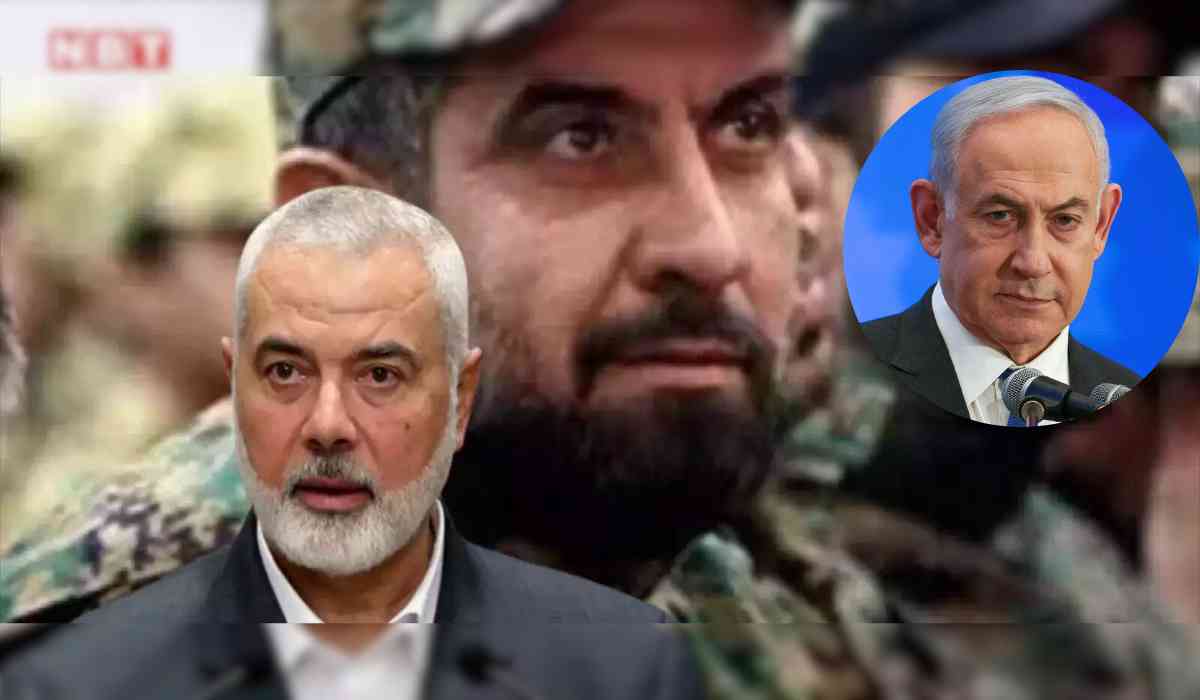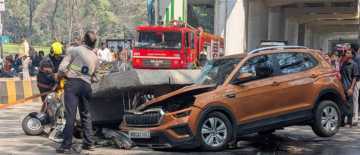The Middle East continues to be a region of intense conflict and political turmoil. Recently, two significant figures from Hezbollah and Hamas, Fuad Shukr and Ismail Haniyeh, were killed in targeted strikes attributed to Israel. These assassinations have heightened tensions and raised concerns about the potential for further violence.
Fuad Shukr: Hezbollah's Top Commander
-
Background and Rise to Power
Fuad Shukr, also known as Mohsin, was a senior military commander of Hezbollah, a Lebanese militant group. Shukr's rise within Hezbollah began after the assassination of its top commander, Imad Mughniyeh, in 2008. Known for his strategic acumen, Shukr was believed to be a close confidant of Hezbollah's leader, Hassan Nasrallah. His responsibilities included overseeing the group's advanced weaponry, such as guided missiles, cruise missiles, and UAVs.
-
Involvement in Major Attacks
Shukr was accused of orchestrating several high-profile attacks, including the truck bombing of a Marine Corps barracks in Beirut in 1983, which killed 241 American service members. The U.S. Treasury Department designated him as a "specially designated national" in 2015 and offered a $5 million bounty for information leading to his capture in 2017.
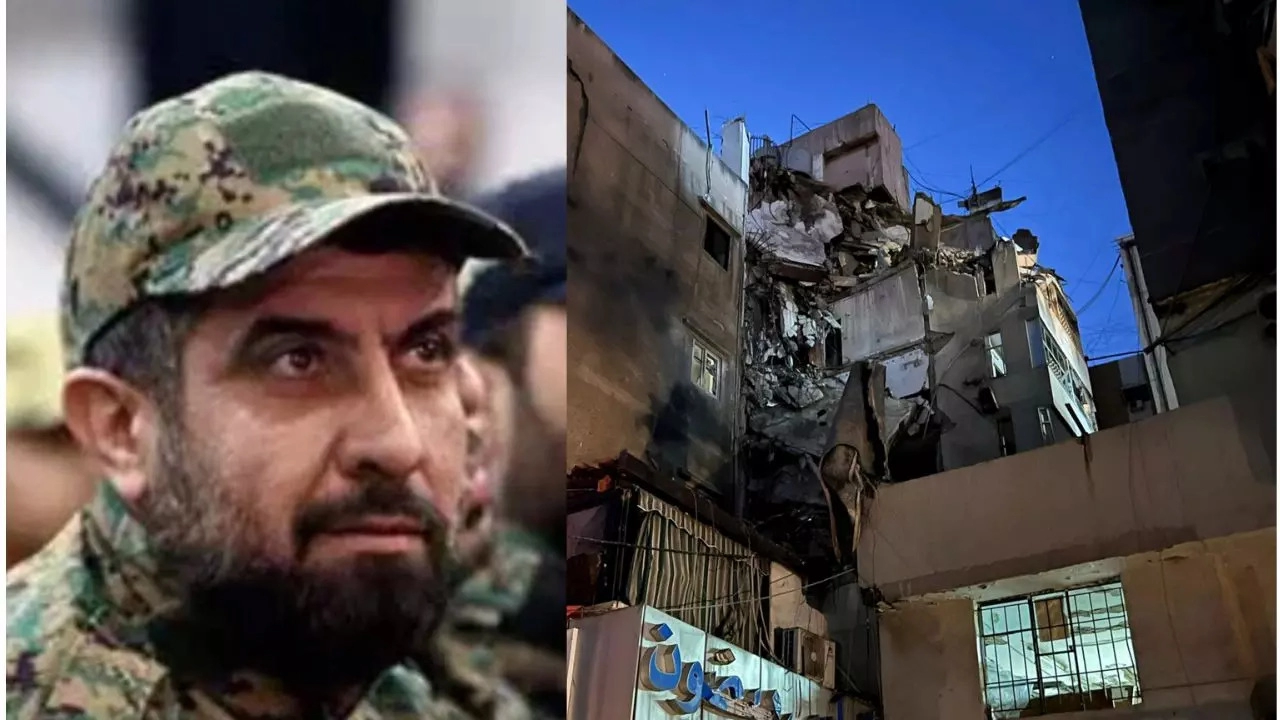
-
The Beirut Airstrike
On July 30, 2024, Israeli forces conducted an airstrike in Dahieh, a southern suburb of Beirut and a known Hezbollah stronghold. The strike targeted a building where Shukr was reportedly located, resulting in his death. The Israeli Defense Forces (IDF) claimed that Shukr was responsible for a recent rocket attack in the Golan Heights that killed 12 children. The airstrike also resulted in the deaths of three civilians, including two children, and injured 74 others.
-
Lebanon's Reaction
Lebanon's government condemned the strike as a "criminal act" and a violation of international law. Foreign Minister Abdallah Bou Habib expressed concern that the attack could escalate into a broader conflict. Lebanon plans to file a complaint with the UN Security Council and has called for Hezbollah to exercise proportional retaliation to avoid further escalation.
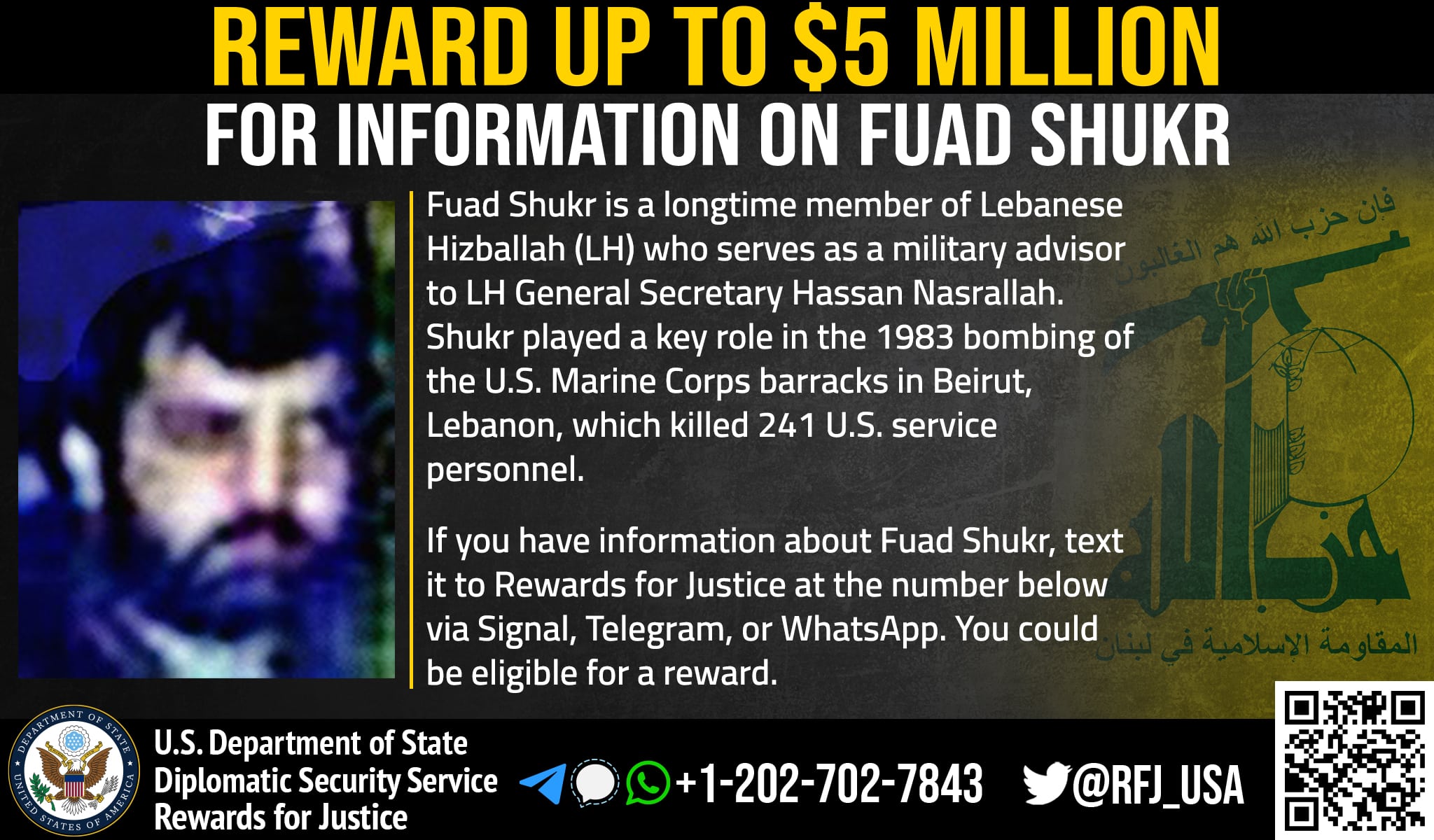
Ismail Haniyeh: Hamas Chief Killed in Iran
-
Early Life and Political Career
Ismail Haniyeh, born on January 29, 1962, in the Gaza Strip, rose from a refugee camp to become the leader of Hamas. He was deeply involved in the Islamic Student Bloc during his university years, which later evolved into Hamas. Haniyeh was a close associate of Sheikh Ahmed Yassin, Hamas's co-founder, and survived an assassination attempt in 2003 that killed Yassin.
-
Leadership and Ideology
Haniyeh became the leader of Hamas in 2006 and briefly served as the prime minister of the Palestinian unity government. Known for his pragmatic approach, he distinguished between political efforts and compromise, advocating for Palestinian rights without bargaining them away. Despite his moderate image, Haniyeh was declared a terrorist by the U.S. State Department in 2018.
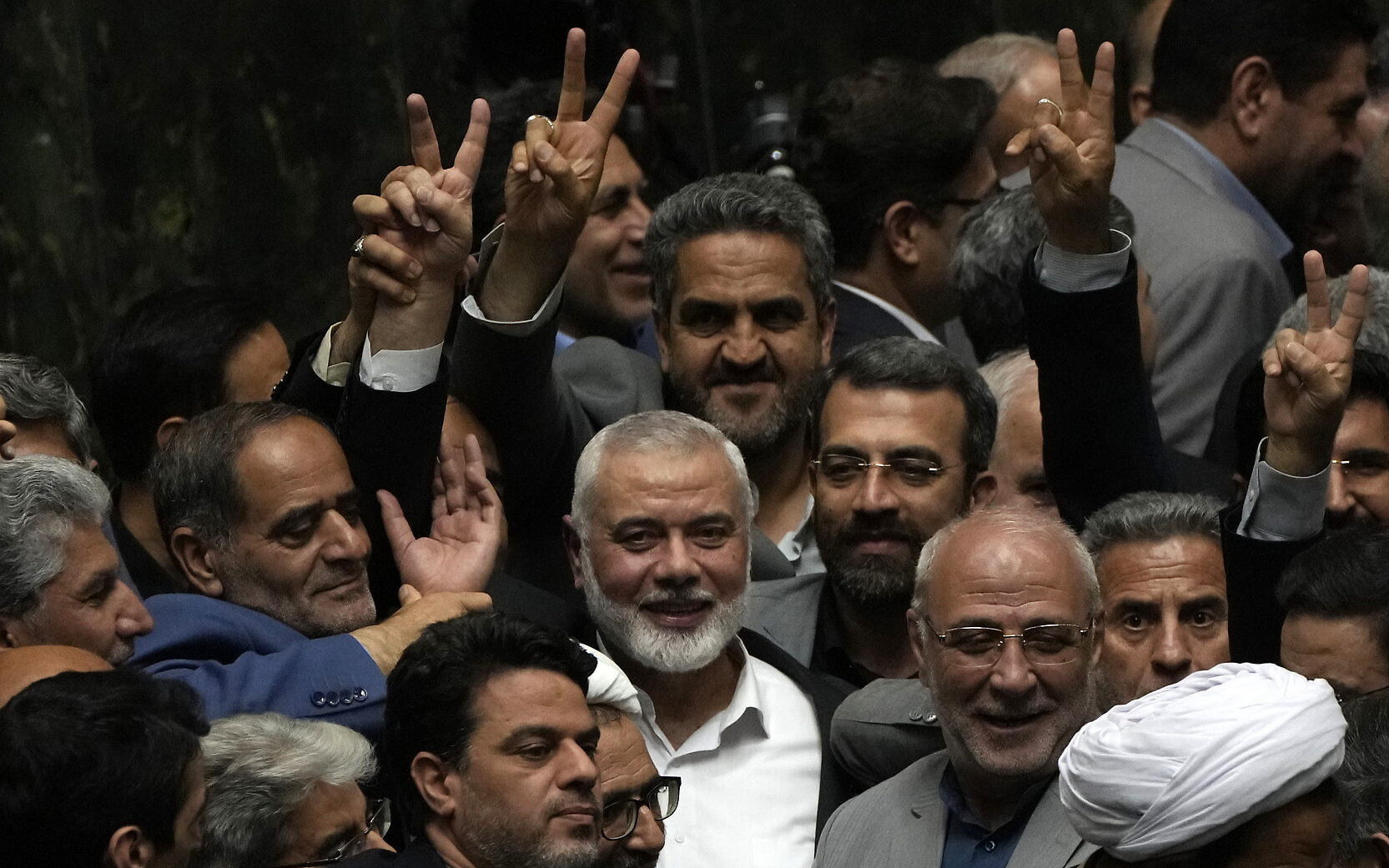
-
Assassination in Tehran
On the same day as Shukr's killing, Haniyeh and his bodyguards were killed in an attack on his residence in Tehran. Hamas announced that Haniyeh was killed in a "treacherous Zionist raid." Haniyeh was in Tehran to attend the swearing-in ceremony of Iran's President Masoud Pezeshkian. While no one immediately claimed responsibility, suspicion fell on Israel, which had vowed to avenge the deadly October 7 attacks linked to Hamas.
-
Israel's Stance and Reactions
Israel has not officially commented on the assassination of Haniyeh. However, Amichay Eliyahu, Israel's heritage minister, remarked that Haniyeh's death "makes the world a better place." The killing occurred amid escalating confrontations between Israel and Hezbollah, raising concerns about further retaliation from Hamas.
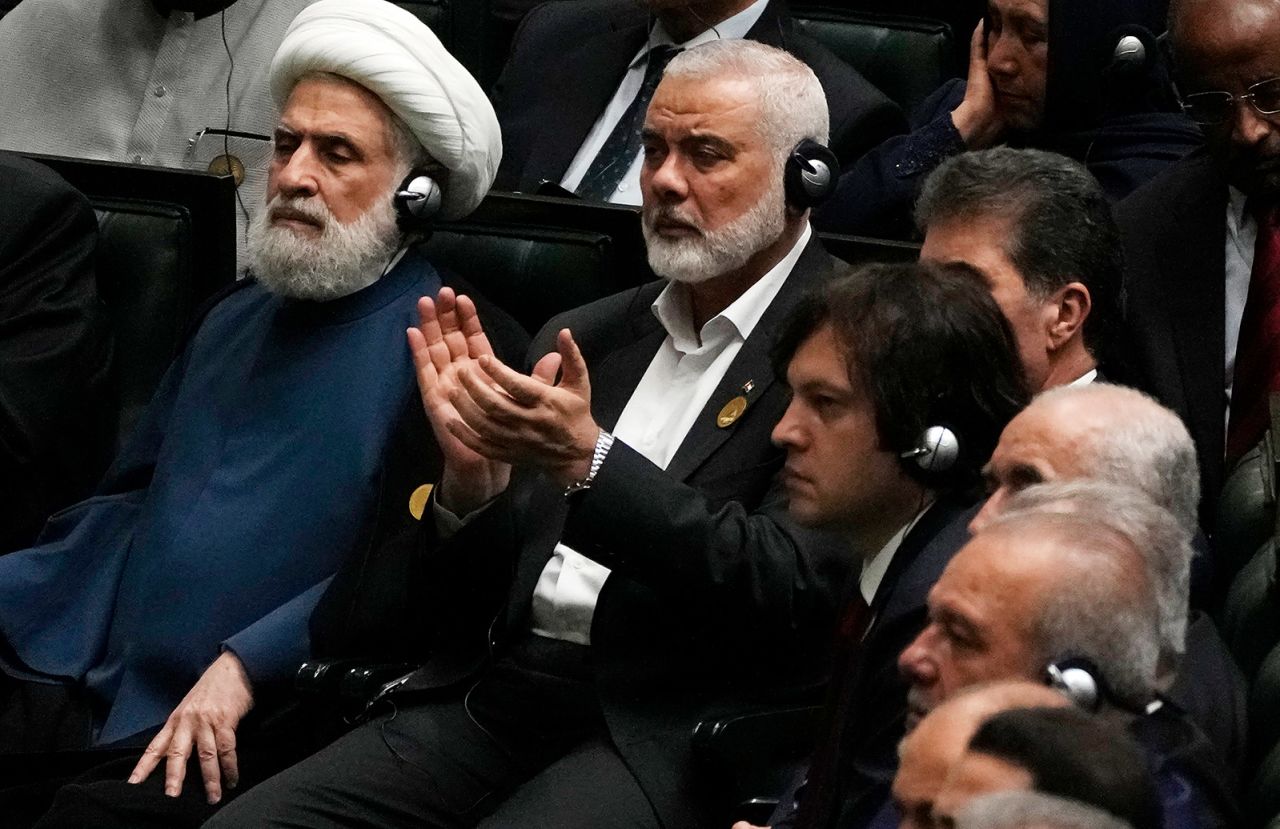
Implications and Future Tensions
-
Potential for Escalation
The assassinations of Fuad Shukr and Ismail Haniyeh have intensified an already volatile situation in the Middle East. Both Hezbollah and Hamas have vowed to retaliate, and their supporters expect a strong response. The fear is that this cycle of violence will continue to escalate, making it increasingly difficult to achieve peace and stability in the region.
-
International Reactions
The international community has expressed concern over the potential for a broader conflict. Lebanon's plans to file a complaint with the UN Security Council indicate a desire to seek diplomatic solutions, but the effectiveness of such measures remains uncertain.
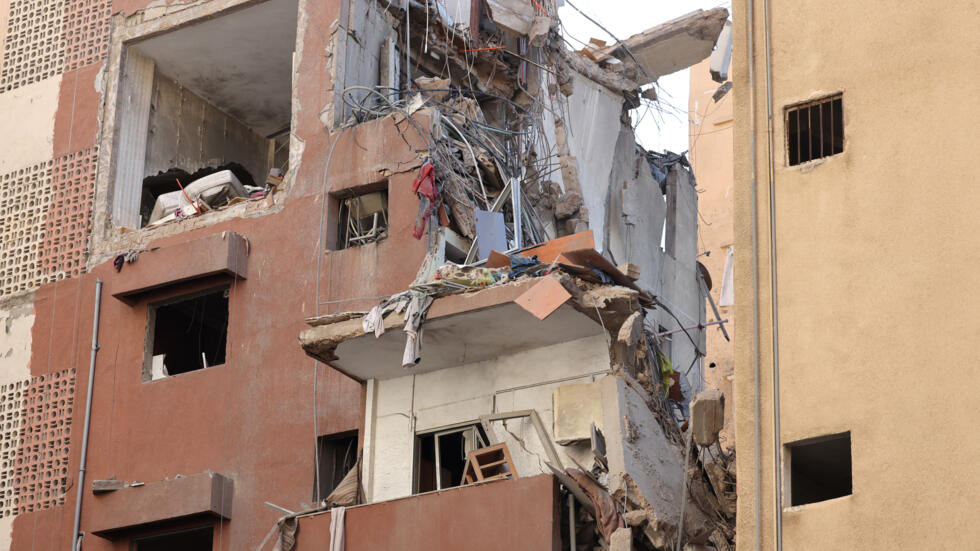
The deaths of Fuad Shukr and Ismail Haniyeh mark a significant moment in the ongoing conflict in the Middle East. Their assassinations may serve as catalysts for renewed violence, impacting not just Israel and the Palestinian territories but the broader regional landscape. As the situation unfolds, the need for diplomacy and dialogue remains more critical than ever to prevent further escalation and to seek a path toward lasting peace.
With inputs from agencies
Image Source: Multiple agencies
© Copyright 2024. All Rights Reserved Powered by Vygr Media.

